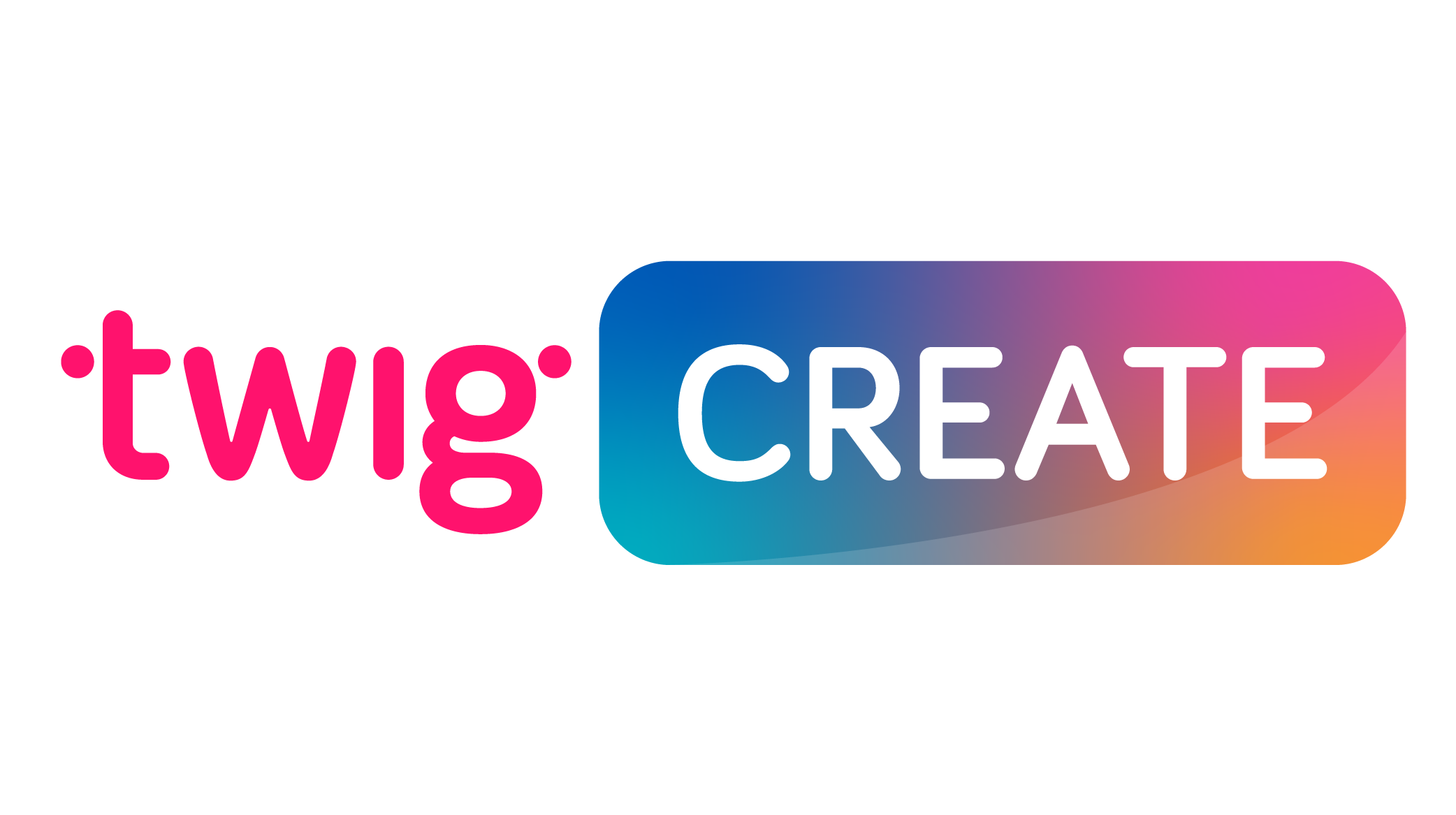4 Steps to Helping Adult Learners Pass the GED Math Section

A math educator shares how he prepares students for the one section of the high school-equivalency exams that holds many of them back from the job of their dreams.
By Steve Alvarado
Adults who take the General Educational Development (GED®) test and the High School Equivalency Test (HiSET®) often pass the reading, writing, science, and social studies sections, but fail the math portion. When I talk with my students, about 80% of them need a high school diploma or equivalency to get a job that pays a livable wage. Sometimes they’ve been laid off, but are given the option to reapply for their job if they fulfill the new requirement of having a high school diploma. Even if they’ve been working for that company for 10 years, they now need that piece of paper. Other times they aren’t having success moving up the ladder in their current position, or having a hard time finding a job at all without a diploma. They also can’t get a student loan from a college without a high school diploma or equivalency.
Their motivation is to improve their lives and move forward, and it’s common for the math section to be the only thing holding them back. Back in school, they were probably told that they just weren’t good at math. As a math teacher, I recognize that their negative experiences with math, and their keen awareness and fear of it, are their worst enemies. Here are four ways I help them overcome their anxiety, pass those tests, and move on to the next chapter of their lives.
1) Making the family connection
Around one-third of my students have children or grandchildren in the same school district, and I use this as leverage. It’s one thing to learn math. It’s another to pass a high school-equivalency exam, and yet another to help your children with their math homework. I like to joke that if they nail down math concepts and can help their kids with math homework, their children won’t be my future students. That makes them sit up and pay attention.
2) Replacing negative experiences with positive ones
Returning to math concepts as an adult learner is tough, especially after years of failure. To help students learn the basic math skills to pass the test, I primarily use a direct instruction approach. From what my students tell me, this is not a common way of teaching in adult schools. Apparently, it’s more common for instructors to assign work and wait at the desk for any questions their students might have. I have always been very old school in my approach to teaching math. I have found that explaining processes and answering questions with lots of examples and analogies is the best way for adult learners to understand math. I like to use humor, sarcasm, and real examples to help them better understand why the things I am teaching are important to their lives and future. I tell them that they need math, that it can make sense, and they can learn it.
I always use a prior student’s success story as a model, not only to recognize their success, but also in hopes that it will carry over to the rest of the class. This changes their attitude toward achievement to “maybe if they can do it, so can I.” Developing a support system through direct instruction reduces their anxiety and allows them to switch their experience of math from a negative to a positive one.
3) Requiring learning outside the classroom
It’s unrealistic to expect that four days a week in the classroom will be enough time to learn the algebra, geometry, and basic math concepts students need to master in order to pass their test. They’ve got to put in the time and apply their lessons while finishing their homework. For my students who have children, I ask them to observe their young student doing math homework. It’s disguised learning, and they get to bond with their child.
To guide their learning outside the classroom, I have them use a mobile app called Learning Upgrade, which offers math lessons designed for adult learners. I also encourage student to use free resources like Khan Academy to help deepen their understanding. I consider Learning Upgrade to be my “teacher’s assistant”. The program provides rigor, guided math practice, and immediate, meaningful feedback. There are things my students can’t do in my classroom—rewind, try again, pause, and take notes—that they can dive into using a program. The goal is not just to get the correct answer, but also to think mathematically and develop critical skills to employ in the future to solve multi-step problems. The Learning Upgrade app dissects skills individually and specifically, using graphics and music to boost memory retention.
Being able to track students’ progress on the app at home allows me to prescribe the specific lessons they need to pass the test. I had one student who had failed the GED math section three times, but he kept working on his skills at home and eventually passed the test. He’s at our local college now. I have students who saw him succeed after all of his frustration and struggle, and they wanted the same prescription. Watch the video here.
4) Preparing students for the test itself
Many of my students know the math concepts, but they can’t pass the test. I don’t want to add to their anxiety, so I don’t have them take tests in my classroom. I do have them practice going into the exam with a positive mindset, though. I also give them practical advice to prepare for the day of the exam, such as:
- Get a good night’s sleep;
- Eat breakfast;
- Be aware that the questions with the most words are often the easiest ones;
- Someone told me that, statistically speaking, C is the most common answer. This helps them to look at their options a bit faster.
When it comes to succeeding in the workplace, the high school equivalency certificates my students earn when they master the math section might be more beneficial to a company than a traditional diploma. So much work in high school is collaborative, and, although I guide them through these four steps, passing this exam is something my students do by themselves.
Steve Alvarado is a math instructor at Montgomery Adult School and Chula Vista Adult School in the Sweetwater Union High School District Adult Education Department.





